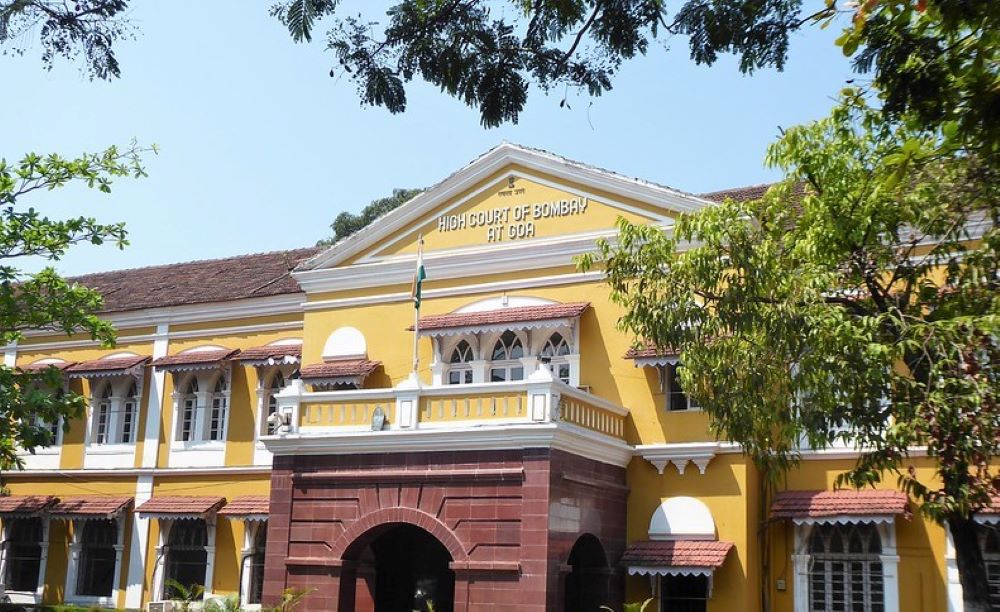Shashwati Chowdhury
Published on: June 29, 2022 at 16:44 IST
The Goa government’s decision to postpone elections for 186 village panchayats in the state was quashed by the High Court of Bombay in Goa on Tuesday. The court also ordered the government to announce the election date in a notification within three days.
The court ordered the state government and the State Election Commission (SEC) to make sure that the elections are held and in “no later than 45 days,” while five-year tenure of some of the Panchayats had already ended or were about to end.
In number of petitions the question before the court was whether the state government and the SEC had avoided holding elections to constitute the Panchayats before the expiration of their terms, as required by Article 243-E of the Indian Constitution. Every Panchayat is only allowed to exist for five years from the date appointed for its first meeting, according to Article 243-E(1). An election to form a Panchayat must be completed before the expiration of its term, according to Article 243-E(3).
The state government and the SEC have avoided or failed to comply with the constitutional mandate under Article 243-E four times in the last 20 years, Justices M. S. Sonak and R. N. Ladda said in their 44-page ruling. Defiance of the constitutional mandate and the resulting delay have grown common.
The petitioners’ counsel, however, were “right in contending that the monsoons, an annual occurrence in Goa, cannot be elevated to the level of “a natural calamity,” the court stated. The court ruled that although there may have been a few flash floods or even cyclones in the past, monsoons in general cannot be used as an excuse for disobeying Article 243-E of the constitution.
The Goa Panchayat Raj Act, Section 15 states that the government may specify by notification the manner and date in which the election of members from Panchayat wards shall be held.
The Court ruled that,“it cannot be interpreted as a charter or a licence to the state government to violate the constitutional mandate in Article 243-E.”

